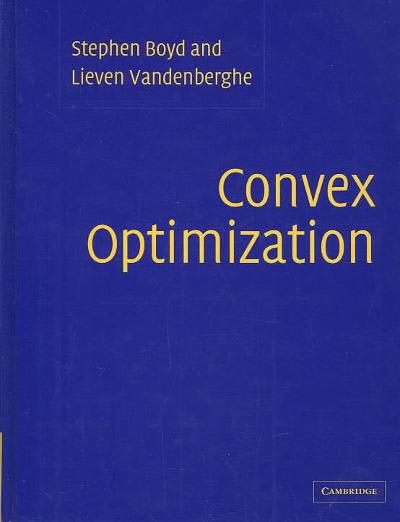Question
Scheme RST An interest rate of r > 0 is applied at the end of the first week, An interest rate of s > 0
Scheme RST An interest rate of r > 0 is applied at the end of the first week, An interest rate of s > 0 is applied at the end of the second week, An interest rate of t > 0 is applied at the end of the third week. Thereafter, the cycle repeats, so that the rates r, s, and t are applied at the end of the subsequent weeks, in this order.
2. Effective rates (i) Consider another investment scheme that compounds once, at the end of the year, with annual interest rate ra. What value of ra must be selected in order for a principal P, invested on January 1st, to have the same value at the end of the year as an investment of P in Scheme RST? (ii) Next consider an investment scheme that compounds continuously with interest rate rc. What value of rc must be selected in order for a principal P, invested on January 1st, to have the same value at the end of the year as an investment of P in the Scheme RST? (iii) How does ra compare to rc? I.e. does it necessarily hold that ra > rc, or ra < rc? Justify your answer with an argument based on explicit mathematical inequalities, or by a written argument that invokes financial principles. You do not need to present both arguments.
Step by Step Solution
There are 3 Steps involved in it
Step: 1

Get Instant Access to Expert-Tailored Solutions
See step-by-step solutions with expert insights and AI powered tools for academic success
Step: 2

Step: 3

Ace Your Homework with AI
Get the answers you need in no time with our AI-driven, step-by-step assistance
Get Started


